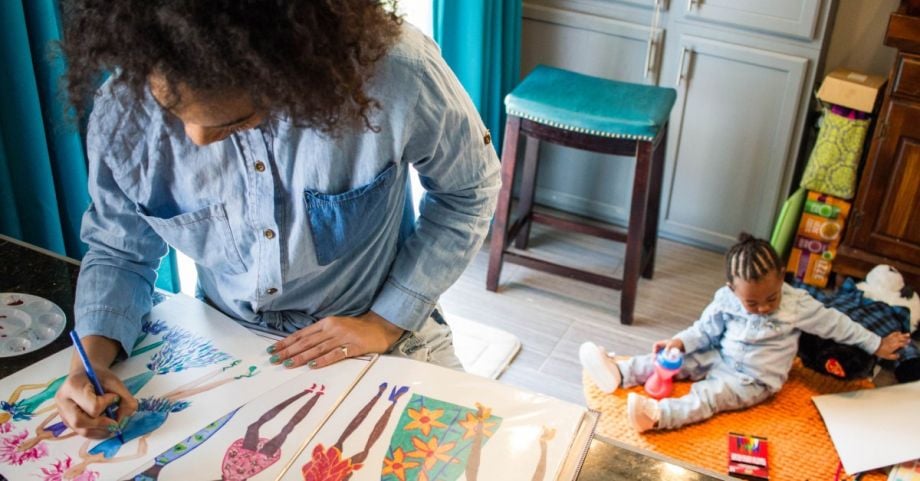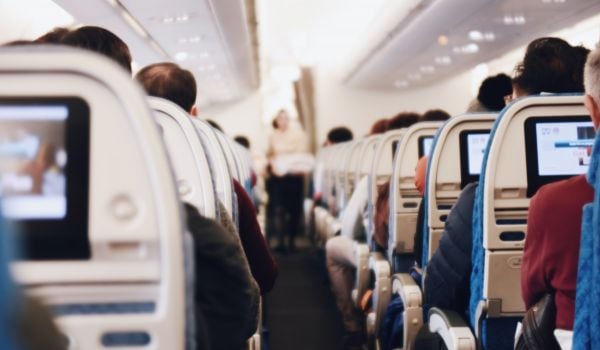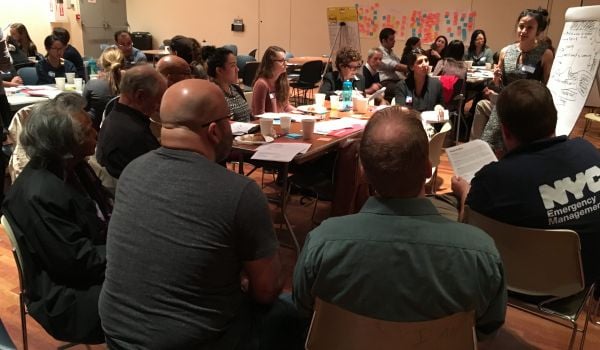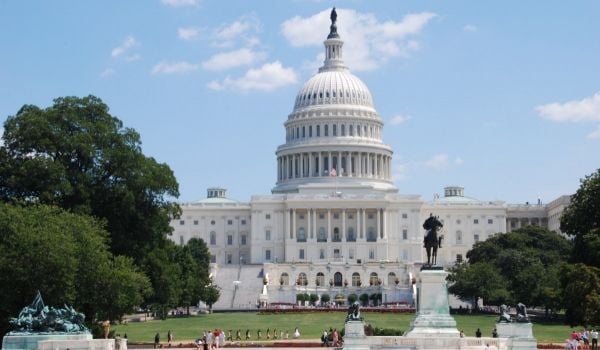Black People Are Finding Property In This North Virginia County
New data has emerged pinpointing where in the U.S. Black people are most prosperous. A collaboration between NAACP Black Progress and the Brookings Institute has produced the Black Progress Index, which looks at data pertaining to the happiness, economic success and longevity of Black people in the U.S.
According to the index, Black people are finding the most success in Loudoun County, Virginia. According to a report by the Boston Globe, that’s linked to the finding that the biggest predictor for longevity depends on a foreign-born Black population. The Globe also used the same data to report that Montgomery, Alabama is also leading the way for Black prosperity.
Loudoun County’s Black population is relatively small (around 8.2% of approximately 405,000 people, per U.S. Census Bureau Data). But it’s not the concentration of population that determines positive outcomes the most, but other factors: educational attainment, homeownership, business ownership and more.
The Early Data Is In For Guaranteed Income Programs
Whether participants received a payment of $375 a month or $1,000 a month, the Guaranteed Income Pilots Dashboard’s visualization of guaranteed income programs launched across the nation by various jurisdictions and organizations shows the impact has been immense.
Typical programs ran for a year or two, and distributed a monthly amount (which varied from program to program and went up to $1,000) to eligible people. Most programs were designed to address economic inequities among people of color. Participants who benefited most were low-income parents of color, as Bloomberg’s CityLab reports.
Nationwide, there were about 7,300 beneficiaries. In a survey of 5,669 participants, 40% of the additional income was spent on retail sales and services, 28% went toward food, and about 9%-8% went toward housing and utilities.
The results of the data was confirmation for many champions of universal basic income, including Michael Tubbs, former mayor of Stockton, California. Tubbs, an early supporter of Stockton’s wildly successful Stockton Economic Empowerment Demonstration (SEED), told CityLab that “the idea has always been to illustrate that what we found in Stockton wasn’t a fluke.”
NYC Unions Sue McKinsey For Its Role In The Opioid Crisis
New York City is the most recent site for yet another lawsuit against global consulting firm McKinsey & Co. Leading the way are local New York City unions — from construction workers to police — who filed suit on Tuesday, Sept. 20.
As reported by The City, the coalition of union health funds are suing the firm for advising the use of OxyContin, a opioid prescribed for pain, to the benefit of the company and drug manufacturer Purdue Pharma. Purdue has been largely held responsible for perpetuating the national opioid epidemic.
Unions allege that overprescription for pain management had been so rampant and heavy handed that they have had to begin tapping into workers’ pension funds to pay for members’ prescriptions and treatment for addiction. This newest lawsuit joins the onslaught of continuing legal battles for McKinsey & Co. over its central role in the opioid crisis.
This article is part of The Bottom Line, a series exploring scalable solutions for problems related to affordability, inclusive economic growth and access to capital. Click here to subscribe to our Bottom Line newsletter.

Marielle Argueza is Next City’s Equitable Cities Reporting Fellow for Racial Justice Narratives in partnership with Triad City Beat in Greensboro, North Carolina. Formerly Next City's INN/Columbia Journalism School intern for Summer-Fall 2022, she’s a journalist with more than a decade of experience reporting on education, immigration, labor, criminal justice, climate and more. Her work in K-12 education is award-winning and she was recognized multiple times by the California News Publishers Association. She is a recent graduate of Columbia Journalism School, where she was Toni Stabile Investigative Fellow. Her work includes a story on Harlem’s last assisted-living facility for people living with HIV/AIDS; a profile on New York State’s first Farmers Union; and a database of deaths within the Milwaukee County Jail. She is also a recipient of other fellowships and scholarships from several notable organizations within the news industry including the Asian American Journalists Association, Association of Alternative Newsmedia, ProPublica, and the Journalism and Women Symposium.


















